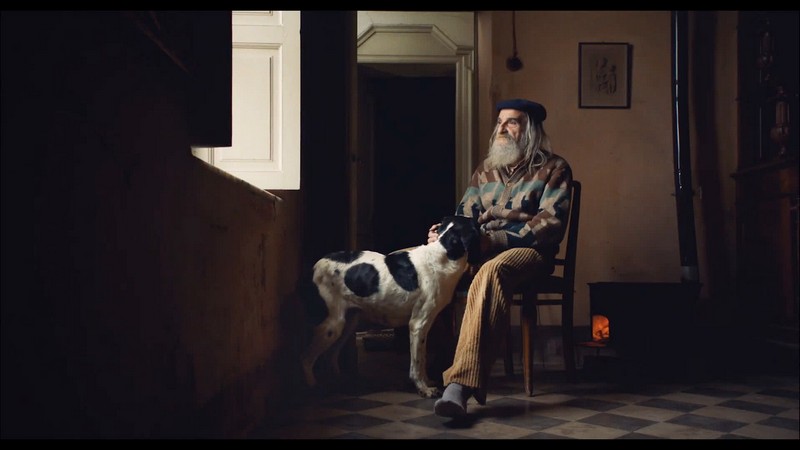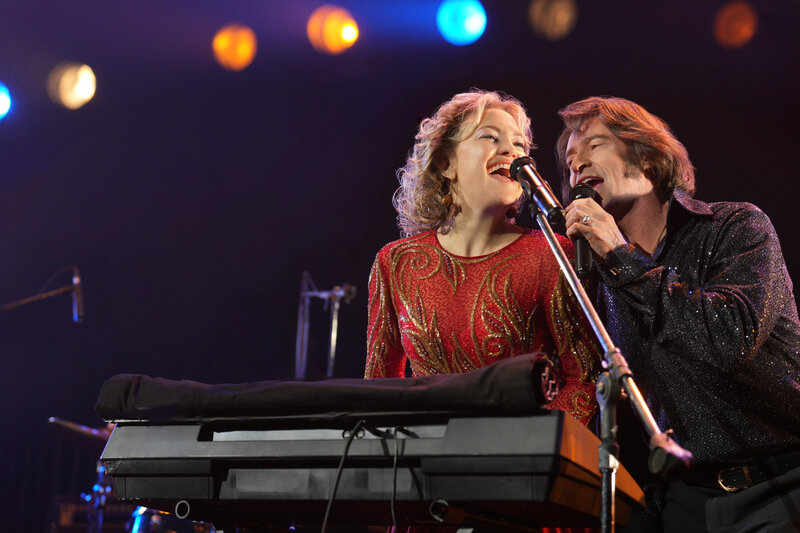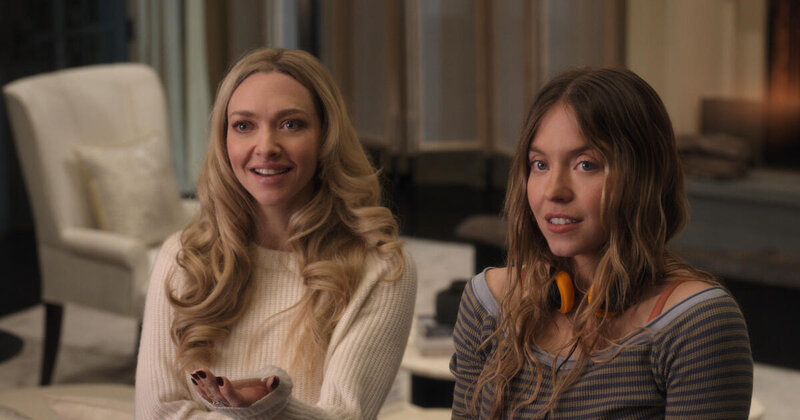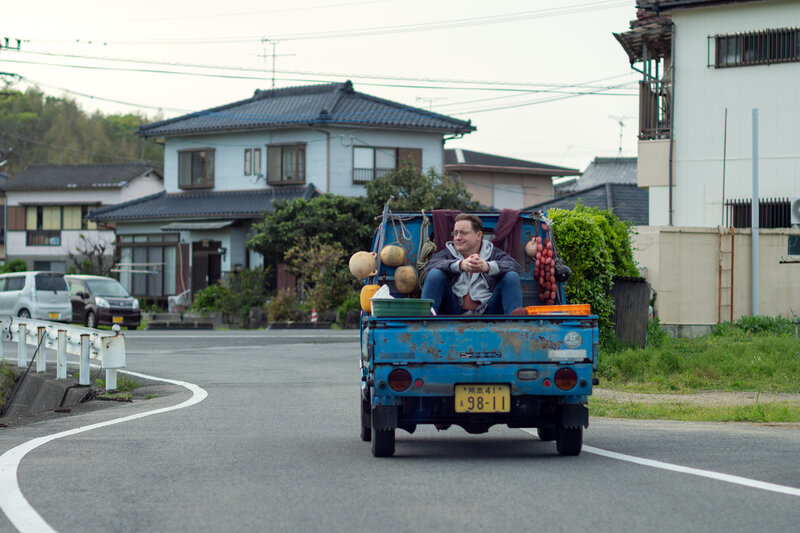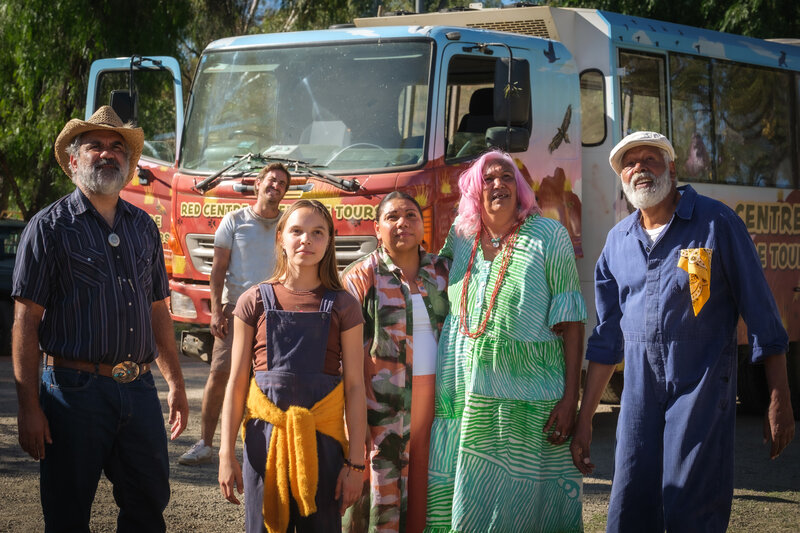Documentary is a wonderfully flexible form, but paradoxically it rarely strays from a defined formula. You know – some establishing shots, some archival footage, some talking head interviews. But directors Michael Dweck and Gregory Kershaw obviously don’t feel beholden to those conventions. Their new film, The Truffle Hunters, is about as radical a departure from a typical documentary as you could ever imagine.

The film examines the culture of foraging for prized Alba truffles in the hill country between Turin and Genoa. It’s a practice dating back centuries. The foragers use dogs, not pigs, to sniff out the elusive fungi that grow in the roots of old growth trees. But the old ways are changing. The astronomical price of truffles has attracted a ruthless element to the region. Trespassing is the least serious of the crimes the newcomers are committing. That has resulted in a flourishing black market. But even the legitimate market – as is the way of capitalism – still stiffs the “little guys” who do the hard work in favour of middle-men and wealthy clients.
The Truffle Hunters follows several – mostly elderly – foragers and their dogs as they go about seeking the precious ingredient. But it also introduces a local truffle judge who decides which are good and which are bad, and a broker who buys from the foragers but sells to restaurants and others at a huge mark-up.
Perhaps the most remarkable thing about the film is its visual style. Many of the scenes read as Baroque paintings. They seem carefully constructed, with the framing of the shot and the placement of the participants seemingly meticulous. The directors (who also serve as cinematographers on the film) often employ dramatic lighting (mirroring the chiaroscuro of the paintings). These elements are counterpointed by gorgeously coloured landscapes, and a couple of frenetic sequences of “dog-cam”.
Without wanting to labour the painting analogy, the film itself plays out like an impressionist piece. Dweck and Kershaw don’t lay out a clear narrative, or even a very logical sequence to the film. Instead, they’re happy to throw out a series of loosely connected scenes and allow the audience to piece together its themes. That’s a risky approach. I mostly enjoyed it (“dog-cam” was a bit much), but I can see how many might find it infuriating.
While truffles are a serious business, the film finds humour in its characters – particularly the elderly Carlo. His no-nonsense wife has banned Carlo from going truffle hunting at night (though she reluctantly tolerates it during the day). But Carlo is so taken with the craft, he sneaks out anyway. His passion exemplifies the approach of most of the foragers. And the filmmakers contrast that passion with the venial concerns of some of the other characters.
The Truffle Hunters is an outlier in the documentary world – a quirky, almost bizarre, picture that doesn’t play into conventional tropes. This heartfelt film both celebrates and eulogises a way of life that’s fast disappearing. If you want something very different but possibly challenging, this is worth a look.
David Edwards
Other reviews you might enjoy:

David Edwards is the former editor of The Blurb and a contributor on film and television

